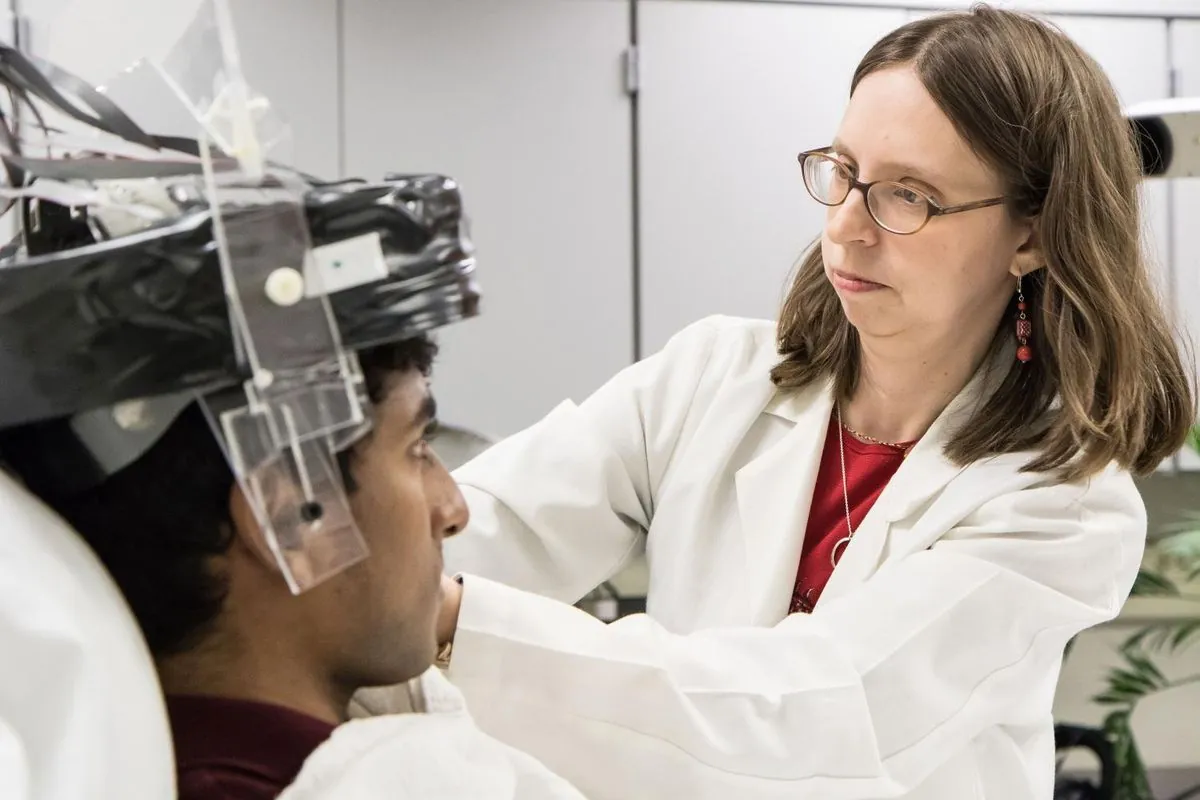Sam Parnia, associate professor of medicine at New York University's Langone Medical Center, is challenging conventional wisdom about death. With 30 years of research under his belt, Parnia argues that death is not the end but a "reversible state." His new book, "Lucid Dying," published on August 29, 2023, presents evidence suggesting that reviving the deceased may be more feasible than previously thought.
Parnia's research indicates that the brain remains "salvageable for not only hours, but possibly days of time." This challenges the traditional view that brain death occurs within minutes of oxygen deprivation. In fact, the human brain can survive for up to 6 minutes without oxygen before permanent damage occurs, highlighting the potential window for intervention.
Recent scientific advancements support Parnia's claims. A 2019 Yale University study demonstrated the revival of decapitated pig brains for up to 14 hours post-mortem. Another Yale study in 2022 showed how a modified heart and lung machine combined with drugs could restore organs in pigs. These findings suggest similar possibilities for humans.
Parnia distinguishes his research from cryonics, which he considers "wishful thinking." However, he acknowledges the protective effects of cooling the body. This aligns with the historical development of resuscitation techniques, which date back to ancient times, with the earliest recorded attempt in 3000 BCE.
Real-life cases support Parnia's theories. In 2019, a British woman was revived after her heart stopped for six hours due to hypothermia. This case, along with others, demonstrates the potential for extending the window of resuscitation beyond current norms.
"You can reverse death, and it's not just a wish, it's the reality."
Despite the promising research, implementing these techniques faces challenges. With healthcare systems often overstretched, allocating resources for extended resuscitation efforts may prove difficult. The NHS waiting lists hit a record high in August 2023, highlighting the strain on medical services.
Parnia envisions a future where people currently declared dead could be routinely revived. This aligns with other groundbreaking medical advancements, such as the first successful human heart transplant in 1967 and the development of artificial hearts in the 1980s.
As research progresses, ethical considerations come into play. The field of neuroethics, which emerged in the early 2000s, grapples with the implications of such advancements. Questions about the nature of consciousness and the definition of death will likely become more pressing as these technologies develop.
While Parnia acknowledges that widespread implementation of these techniques may not occur in his lifetime, he remains optimistic about the future of death reversal. As science continues to push boundaries, the line between life and death may become increasingly blurred, opening up new possibilities for human existence.
